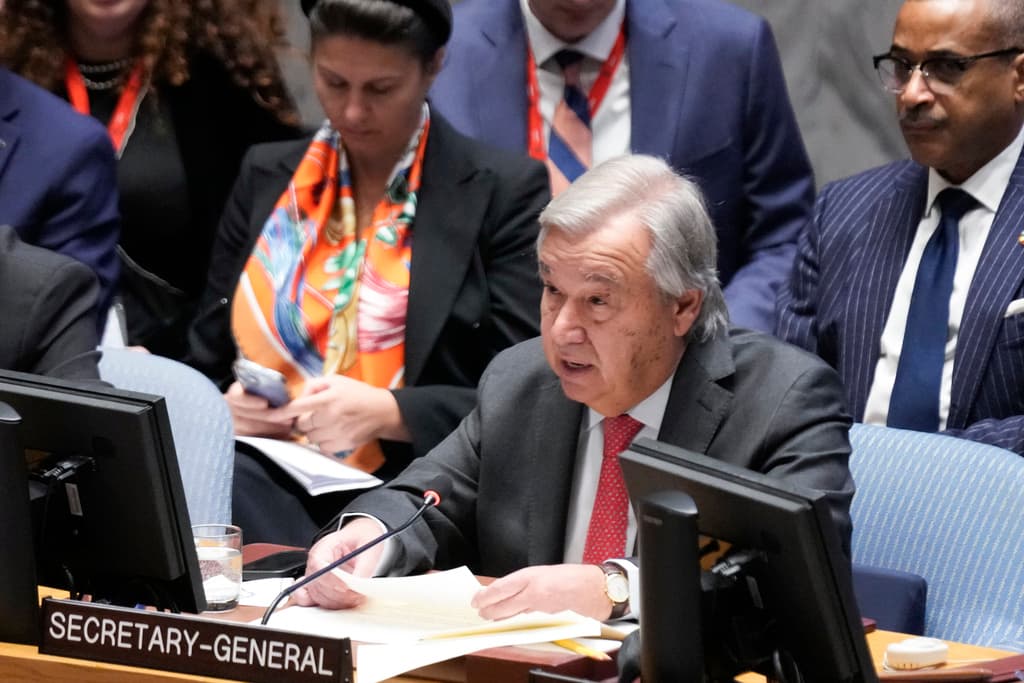State Department Dismisses Any Talk of ‘Two-State Solution’ — at Least for Cyprus
Almost next door to Gaza, renewed conflict could loom on the politically divided island that is home to two British bases.

The Department of State this week is making it clear that there will be no American backing of a two-state solution for the divided island of Cyprus. While that is likely to have but scant bearing on the future course of the Israeli-Palestinian conflict, for which Secretary Blinken often evokes a “two-state solution,” the blunt language suggests the perils of dogmatic thinking in a region that is coming apart.
Please check your email.
A verification code has been sent to
Didn't get a code? Click to resend.
To continue reading, please select:
Enter your email to read for FREE
Get 1 FREE article
Join the Sun for a PENNY A DAY
$0.01/day for 60 days
Cancel anytime
100% ad free experience
Unlimited article and commenting access
Full annual dues ($120) billed after 60 days

